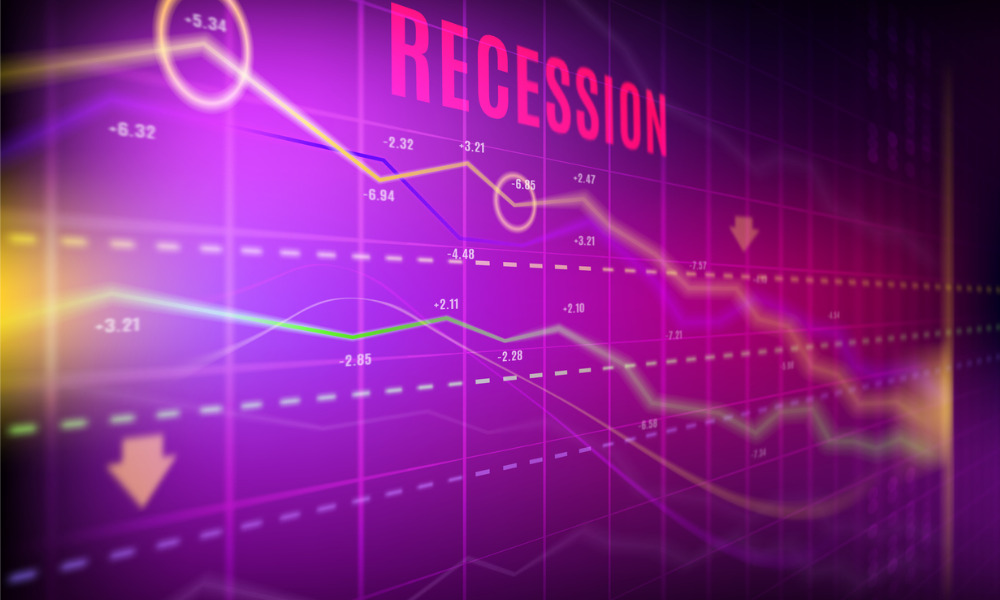RBC economist Carrie Freestone shares why prime working age adults are in a vulnerable position

The uncertainty around a Canadian recession is not going away with many commentators talking of when rather than if.
But if there is a recession, one demographic group could find things tougher than most and potentially add an extra element to the slowed-down economy.
Canadian millennials are not only the prime working age adults, but they are also heavily indebted and would find it challenging to cope with potential job losses in a recession. This would in turn weaken consumer spending further.
In a thought-leadership piece at RBC.com, economist Carrie Freestone highlights how Canadians aged 35-44 had a debt-to-disposable-income ratio of 250% in 2019 while for younger millennials (under 35) it was 165%.
Both are well above the 150% of those who were that age in 1999.
While only one third of millennials have a mortgage, those that do could face 25% hikes in their payments at renewal early in 2024. With earnings having increased but not enough to keep up with rising debt burdens, this makes this group highly vulnerable in the event of job losses.
Boomers’ support?
Freestone talks about the more resilient position of baby boomers who are typically retired, less impacted by rate rises, and less reliant on employment income as most of their income is from private pensions and government transfers.
But this generation has the lowest consumption so, while they may have the ability to maintain much of their spending in a recession, this would not sufficiently offset the decline in discretionary spending of younger consumers.
Freestone concludes that “while growth is still holding up even after record rate hikes, higher unemployment rates may trigger an entirely different outcome for demand in the year ahead.”



